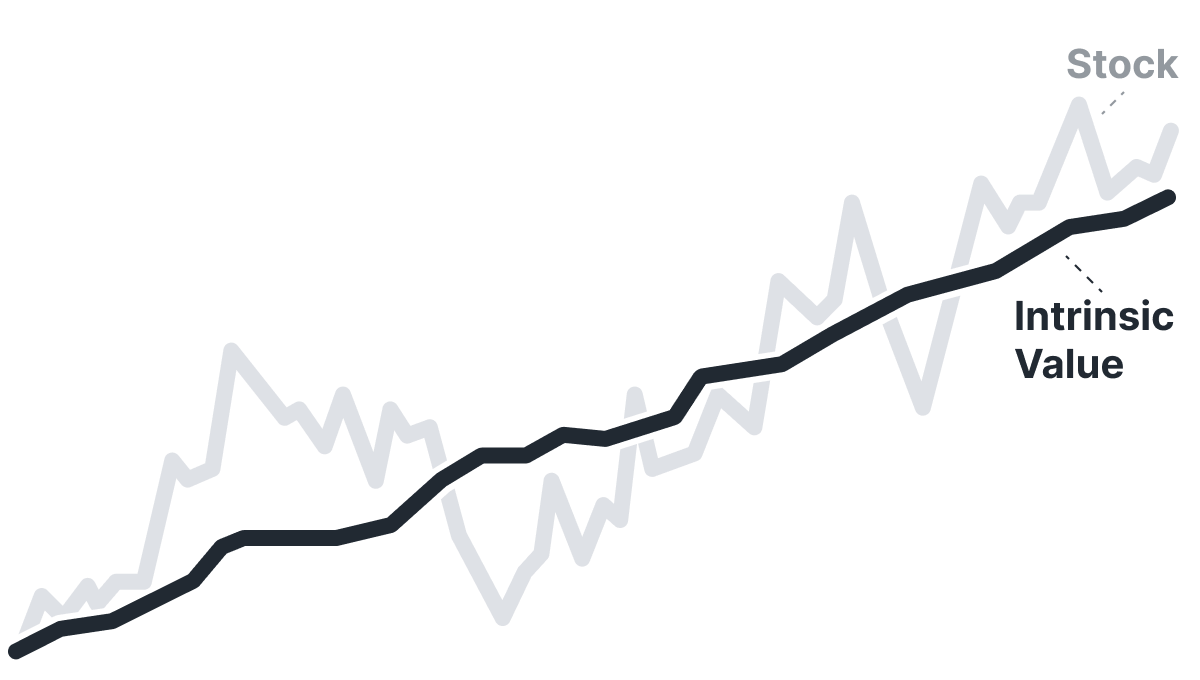
Tata Motors Ltd
NSE:TATAMOTORS


Utilize notes to systematically review your investment decisions. By reflecting on past outcomes, you can discern effective strategies and identify those that underperformed. This continuous feedback loop enables you to adapt and refine your approach, optimizing for future success.
Each note serves as a learning point, offering insights into your decision-making processes. Over time, you'll accumulate a personalized database of knowledge, enhancing your ability to make informed decisions quickly and effectively.
With a comprehensive record of your investment history at your fingertips, you can compare current opportunities against past experiences. This not only bolsters your confidence but also ensures that each decision is grounded in a well-documented rationale.
Do you really want to delete this note?
This action cannot be undone.

| 52 Week Range |
343.4
767.749
|
| Price Target |
|
We'll email you a reminder when the closing price reaches INR.
Choose the stock you wish to monitor with a price alert.
This alert will be permanently deleted.
Intrinsic Value
The intrinsic value of one
 TATAMOTORS
stock under the Base Case scenario is
hidden
INR.
Compared to the current market price of 359.2 INR,
Tata Motors Ltd
is
hidden
.
TATAMOTORS
stock under the Base Case scenario is
hidden
INR.
Compared to the current market price of 359.2 INR,
Tata Motors Ltd
is
hidden
.
Valuation History
Tata Motors Ltd

TATAMOTORS looks undervalued. But is it really? Some stocks live permanently below intrinsic value; one glance at Historical Valuation reveals if TATAMOTORS is one of them.
Learn how current stock valuations stack up against historical averages to gauge true investment potential.

Let our AI compare Alpha Spread’s intrinsic value with external valuations from Simply Wall St, GuruFocus, ValueInvesting.io, Seeking Alpha, and others.
Let our AI break down the key assumptions behind the intrinsic value calculation for Tata Motors Ltd.
Fundamental Analysis
TATAMOTORS Profitability Score
Profitability Due Diligence


Score
TATAMOTORS Solvency Score
Solvency Due Diligence


Score

Select up to 3 indicators:
Select up to 3 indicators:

Revenue & Expenses Breakdown
Tata Motors Ltd

Balance Sheet Decomposition
Tata Motors Ltd

Tata Motors Ltd
Free Cash Flow Analysis
Tata Motors Ltd

| INR | |
| Free Cash Flow | INR |
Earnings Waterfall
Tata Motors Ltd

Wall St
Price Targets
TATAMOTORS Price Targets Summary
Tata Motors Ltd

Dividends
Current shareholder yield for  TATAMOTORS is
hidden
.
TATAMOTORS is
hidden
.
Shareholder yield represents the total return a company provides to its shareholders, calculated as the sum of dividend yield, buyback yield, and debt paydown yield. What is shareholder yield?
The intrinsic value of one
 TATAMOTORS
stock under the Base Case scenario is
hidden
INR.
TATAMOTORS
stock under the Base Case scenario is
hidden
INR.
Compared to the current market price of 359.2 INR,
 Tata Motors Ltd
is
hidden
.
Tata Motors Ltd
is
hidden
.










